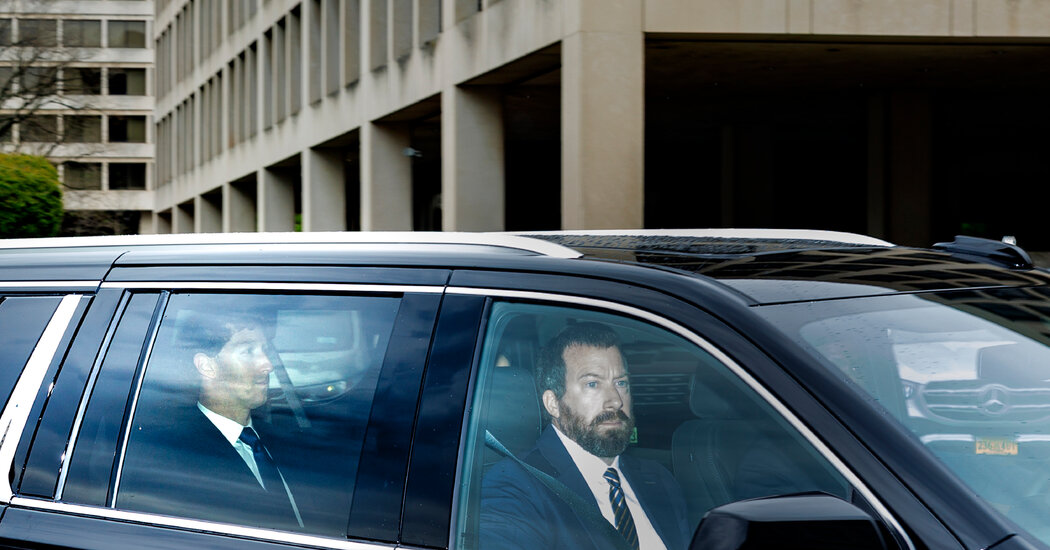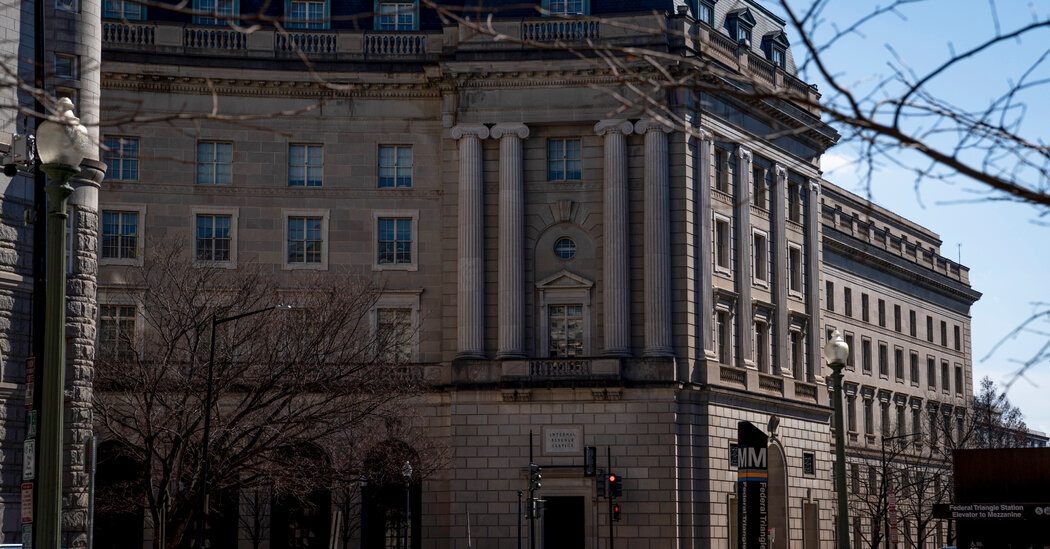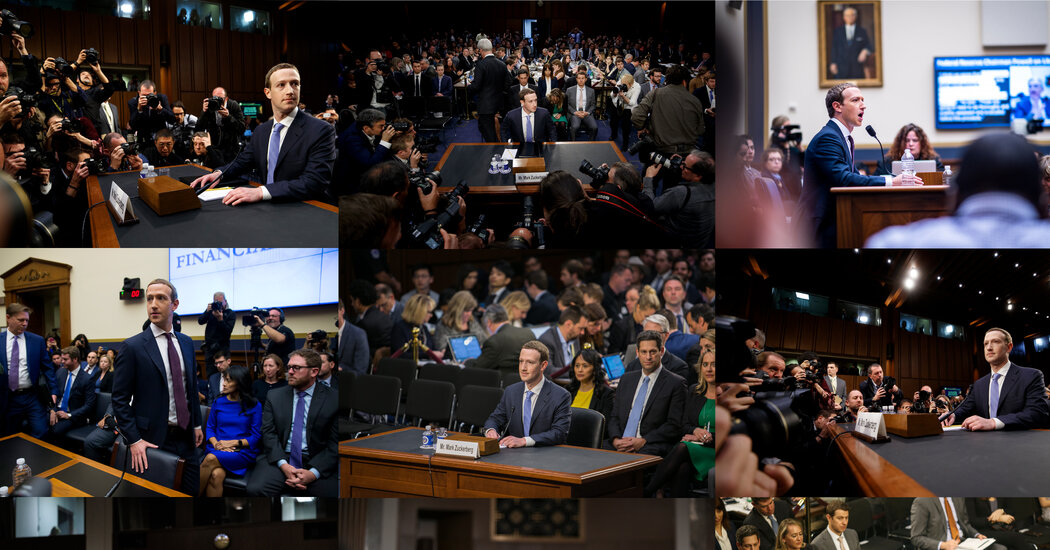Zuckerberg Says He Bought Instagram and WhatsApp Because Building Apps Is Hard

In a second day on the stand of a landmark antitrust trial, Mark Zuckerberg, the chief executive of Meta, said he bought Instagram and WhatsApp because it was hard to build new apps and evaded questions about whether he was trying to snuff out competitive threats to his company.
“Building a new app is hard,” he said when asked why, in one 2012 email that was presented, he had seemed intent on buying Instagram. “We’ve probably tried building dozens of apps over the history of the company, and the majority of them don’t go anywhere.”
“We could have built an app,” he added. “Whether it succeeded or not is a matter of speculation.”
Mr. Zuckerberg’s testimony is central to the antitrust trial, being held in the U.S. District Court for the District of Columbia. The chief executive spent about three hours on Monday answering questions from lawyers as they tried to make the case that Mr. Zuckerberg saw the other apps as rivals that he needed to take out, leading to a cat-and-mouse-like questioning that at times turned contentious.
The case, Federal Trade Commission v. Meta Platforms, poses a consequential threat to Mr. Zuckerberg’s business, which he co-founded as Facebook in his Harvard dorm room in 2004. The F.T.C. is asking Judge James E. Boasberg, who is presiding over the case, to find the company guilty of using a “buy-or-bury” strategy to kill off competition by acquiring nascent rivals like Instagram and WhatsApp. Meta bought Instagram in 2012 for $1 billion and WhatsApp in 2014 for $19 billion.
If successful, the government is likely to ask the judge to break up Meta through selling off the two apps.
Still, legal experts cautioned, the F.T.C. faces an uphill climb to win. The government is asking a judge to look back more than a decade and prove that Meta stayed powerful by quashing competitors through its acquisitions. Regulators approved the Instagram and WhatsApp deals at the time, raising questions about why, experts said.
The suit against Meta is part of a broader push by U.S. regulators to rein in the power of the largest tech companies. The F.T.C. has also sued Amazon, accusing it of protecting a monopoly by squeezing sellers on its vast marketplace and favoring its own services.
The Department of Justice won a suit last year accusing Google of maintaining a monopoly in search, and a trial is set for next week to determine remedies for the violations. The D.O.J. has also sued Google over its dominance in ad technology. Apple was also a target of a suit by the government, which accused it of making it difficult for iPhone and iPad users to leave its ecosystem.
During opening statements in the Meta trial on Monday, the F.T.C. said the company’s purchases of Instagram and WhatsApp cemented its power, depriving consumers of other social-networking options and edging out competition.
Meta’s lawyers denied the allegations in opening statements, countering that the company faces plenty of competition from TikTok and other social media platforms. Trying to unwind the mergers after they had been approved a decade ago would set a dangerous precedent, the lawyers added.
On Tuesday, lawyers for the F.T.C. pressed Mr. Zuckerberg to explain internal communications that preceded the purchases of Instagram and WhatsApp, both of which the company later bought. Mr. Zuckerberg’s notes — some of which date back 15 years — detailed fears about how his social media company, then known as Facebook, could compete on mobile devices.
On Tuesday, Mr. Matheson pointed to emails from 2012 among Mr. Zuckerberg and his top executives, in which they traded candid thoughts on employee performance, potential and past acquisitions, and the threat of upstart competitors.
In one email to Sheryl Sandberg, Meta’s former chief operating officer, Mr. Zuckerberg told her he could teach her to play Settlers of Catan, a popular board game. He went on to criticize some lieutenants, saying that their lagging performance was one reason they needed to buy Instagram for $1 billion.
“A billion dollars is very expensive,” Mr. Zuckerberg said on the stand.
In another email in 2013, Mr. Zuckerberg told executives to block foreign competitors from advertising on Facebook, including popular Asian messaging apps like Kakao and WeChat.
“Those companies are trying to build social networks and replace us,” he wrote. “The revenue is immaterial to us compared to any risk.”
Mr. Zuckerberg is expected to testify a total of seven hours. Ms. Sandberg and Kevin Systrom, co-founder of Instagram, will testify this week, the F.T.C. said.




